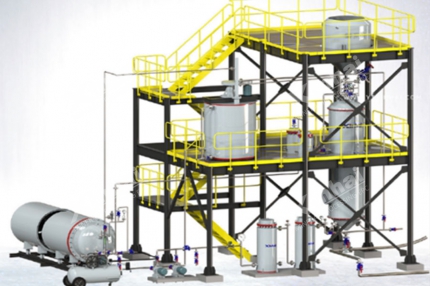Mineral leaching process technology is one of an important part of processing technology. It plays an important role in low-grade mine recovery. The aim is to separate the valuable minerals from gangue minerals through resolving them into solution. Leaching process is easy to operate, with less energy. The common leaching process is chemical leaching process. In this passage, we will introduce you this leaching processing technology.
Chemical leaching process mainly relies on the reaction of chemical reagents and each component in ores. The ingredients to be leached is resolved into solution. The gangue minerals left in the leaching residue. It is to realize the aim of separation and purification. Chemical leaching process can be divided into water leaching process, acid leaching process, alkaline leaching process, cyanide leaching process according to the different solutions.
Use the table of contents below to navigate through the guide:
01Water leaching process
Among water leaching process, hydrothemarl vulcanization flotation method. The principle is the chemical reaction among sulphur and copper sulfide, molybdenum sulfide, nickle sulfide and other minerals under hot pressure. During this process, temperature is an important influence factor. Besides, the particle size, sulfur content, curing time and other factors can also influence the indexes. However, there are many problems such as severe corrosion to pipelines and gate valves, large influence of curing temperature, high energy consumption. It is hard to realize mass production, and not wildly used.
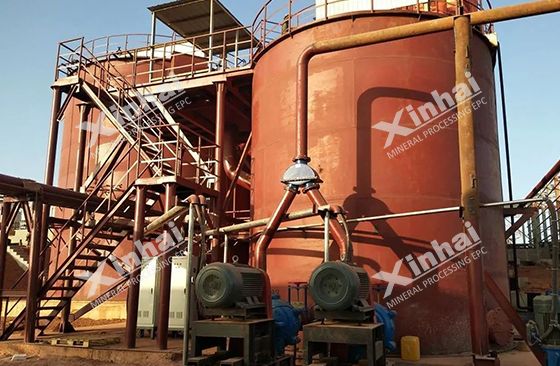
02Acid leaching process
Acid leaching process uses inorganic acid aqueous solution as leaching agent. The common acid is sulfuric acid, muriatic acid, aqua acid, sulphurous acid, hydrofluoric acid, aqua regia etc. It is used for multiple sulfide minerals and ferrous oxide minerals. The pressure acid leaching can be divided into two types, atmospheric-pressure acid leaching and two or more pressure acid leaching.
03Alkaline leaching process
Alkaline leaching uses alkaline aqueous solutions as leaching solution, mainly ammonia leaching. Using ammonia and sodium hydroxide as alkaline leaching agent, it can be used to treat non-ferrous metal sulfide ores.
04Cyanide leaching process
Cyanide leaching process is the leaching technology to recover gold and silver minerals with cyanide solution. It is the common recovery means of gold and silver minerals. It can be divided into percolation cyanide leaching method and agitation cyanide leaching process.
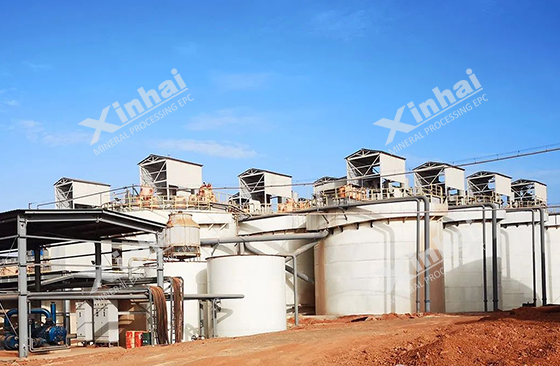
Percolation cyanide leaching process can be divided into tank leaching and heap leaching. It is commonly used for gold-bearing ore under 3mm. The index is depended on the gold particle size, sulfide content, percolation speed, leaching period, cyanide content, washing degree of leaching residue, etc.
Agitation leaching process can be divided into CIP (leaching before desorption) and CIL (leaching and desorption at the same time). The pH value, cyanide leaching period, cyanide amount are the important factors influencing leaching effect.
The above is the introduce of chemical mineral leaching process. In practical application, comprehensive consideration of economic costs and other factors from various factors, with the help of beneficiation tests to select a suitable process to obtain a good beneficiation index and an ideal return on investment.


 marketing@ytxinhai.com
marketing@ytxinhai.com  0086 13810327080
0086 13810327080 























































































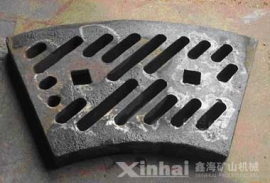
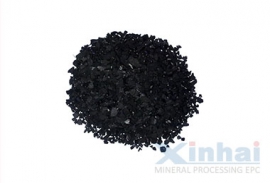








 CHAT
CHAT MESSAGE
MESSAGE

